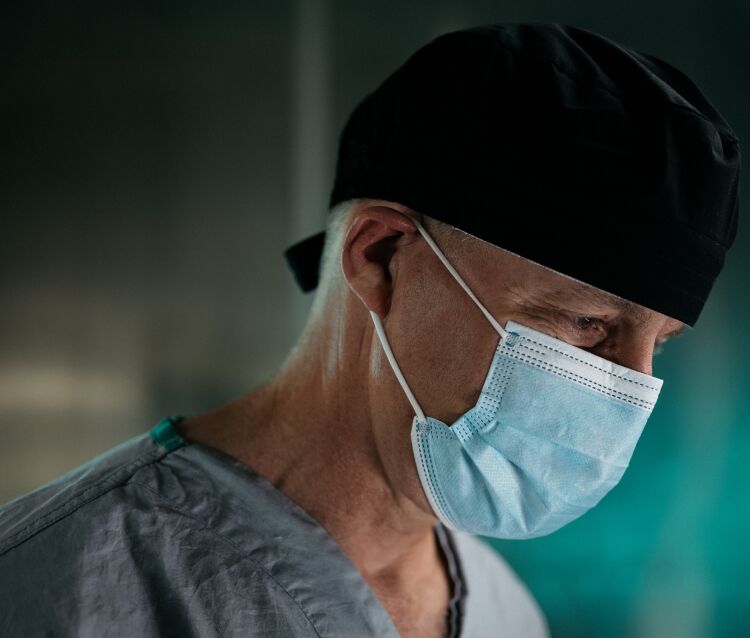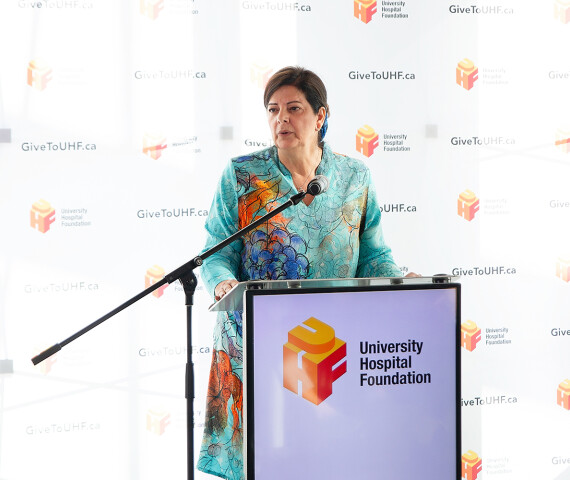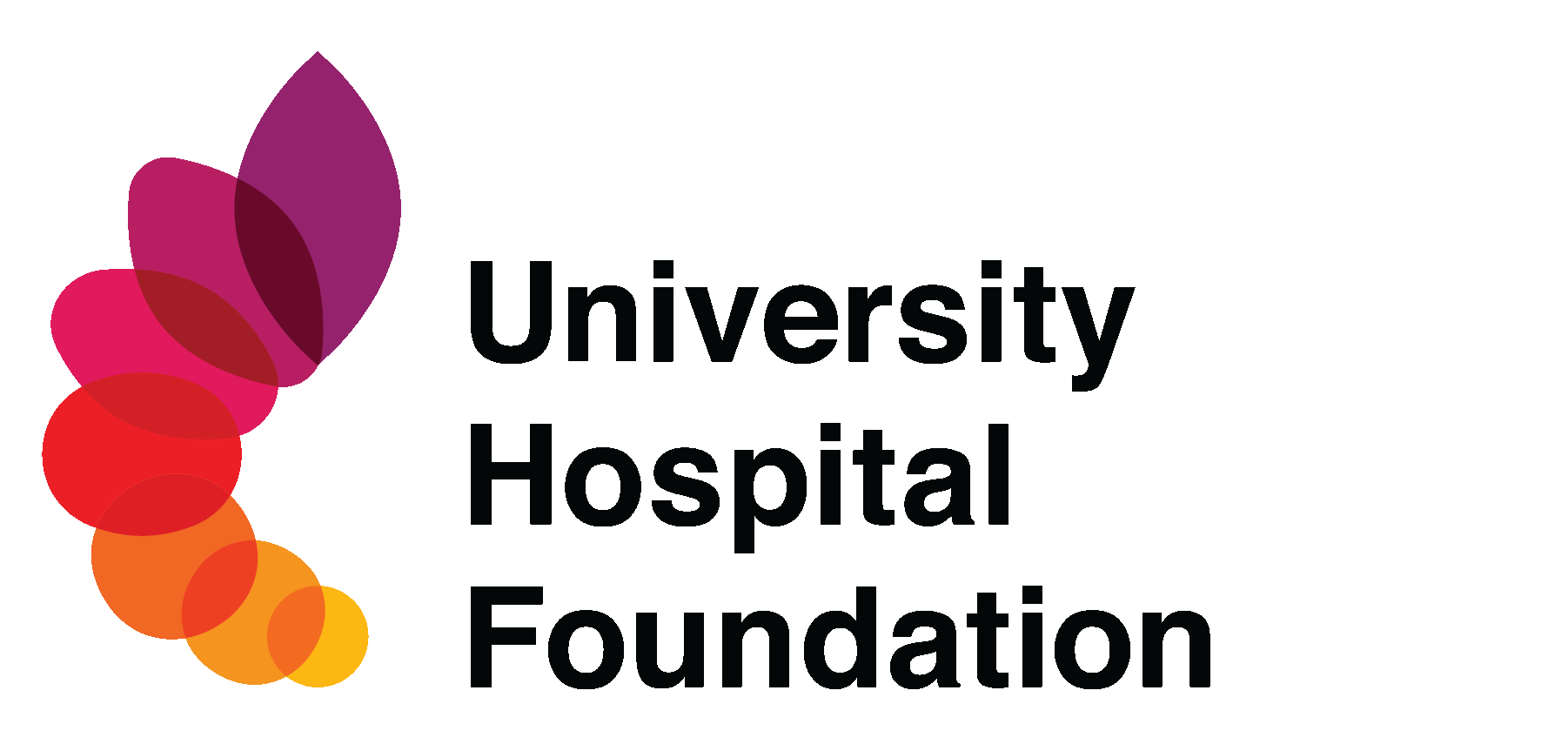- 1-833-448-3843 Make a call.
- info@givetouhf.ca Drop us an email.
- We are located in Edmonton, Alberta
Your brain never rests...neither do we
A transformational gift is set to advance ground-breaking Alzheimer's Disease research — but we need donors like you to join the fight
The UHF is honoured to receive a $4 million matching donation from Albertan donor, Don Hunter. Thanks to this matching gift, your donation will instantly double. A donation of $1,000 becomes a gift of $2,000 to support this research.
Don is no stranger to Alzheimer’s and the devastation it can bring to a family. Twelve years ago, Don’s wife of more than 60 years, Sophie Hunter, was diagnosed with the disease. The family noticed how she increasingly grew confused, losing her way to familiar locations and behaving strangely with friends and family. As Sophie lost the ability to communicate, life-long friends stopped visiting with her or calling.
“It’s hard to explain, but it (Alzheimer’s) is terrible,” Don says. “Every time I look at her, it brings tears to my eyes. She was a vibrant person, kind and good to those kids and me. She was my partner.”
More than 50 million people are living with dementia worldwide, and this figure is expected to double over the next 20 years. There is no better time than now to help make Alzheimer’s a thing of the past.
Bringing the best brain care to Edmonton
With such breathtaking advancements as incision-free brain surgery and Canada’s first Stroke Ambulance, the Brain Centre at the University of Alberta Hospital gives patients with serious brain and spine conditions their best chance ever to survive, and live healthy, productive lives.

Now even more generosity is needed as our researchers and clinicians continue to pursue some of the most complex issues of our time, such as:
Restoring memory in patients with Alzheimer’s disease
Putting a stop to multiple sclerosis
Building a new, state-of-the-art neurosciences intensive care unit
The Brain Centre Campaign
The University Hospital Foundation’s Brain Centre Campaign has elevated brain care in Edmonton to a level that a decade ago was unimaginable. Yet there’s still more work to be done. Too many brain conditions are still without fast, accurate ways to diagnose, cure and prevent.
And without a fully re-constructed neurosciences intensive care unit, our medical teams will be stretched even more to provide life-saving care to thousands of brain patients each year who need nothing less to survive.
World-class brain care is only possible with support from people like you.
Help us keep the Brain Centre at the University of Alberta Hospital on the forefront of research, innovation and patient care. With the best people working together in the best environments, a new paradigm of brain care will unfold.
One in three Canadians will be impacted by a brain disorder in their lifetime
10% of patient hospital admissions to the University of Alberta Hospital are brain related
One of two Intensive Care Units (ICUs) in Canada dedicated to brain and spinal cord injuries
Brain care
Tour the Brain Centre
Canada's First Stroke Ambulance
Dan & Bunny Widney Intraoperative MRI Surgical Suite
Neurovascular Interventional Suites
Advanced Imaging & Gamma Knife Centre
Doreen Lutsky Hooper Rehabilitation Clinic
Future Neuro Sciences Intensive Care Unit
Dr. Keith Aronyk

Patient story
Mona Nashman Smith
Not everyone gets invited to Buckingham Palace to receive the Member of the Most Excellent Order of the British Empire – but Mona Nashman Smith of Edmonton did. Honoured for her work in international education, Mona spent almost 25 years developing education for students from around the world.
